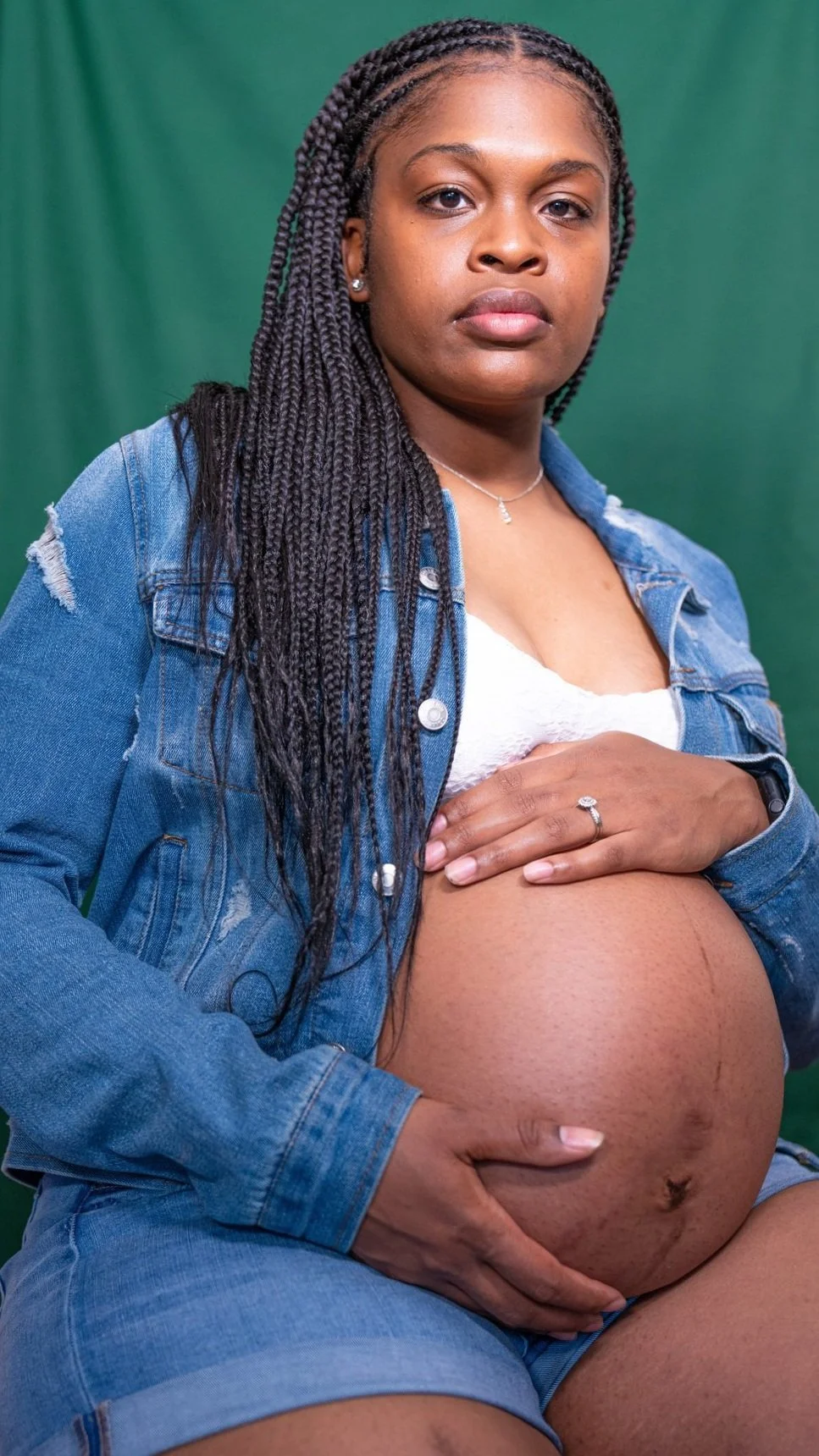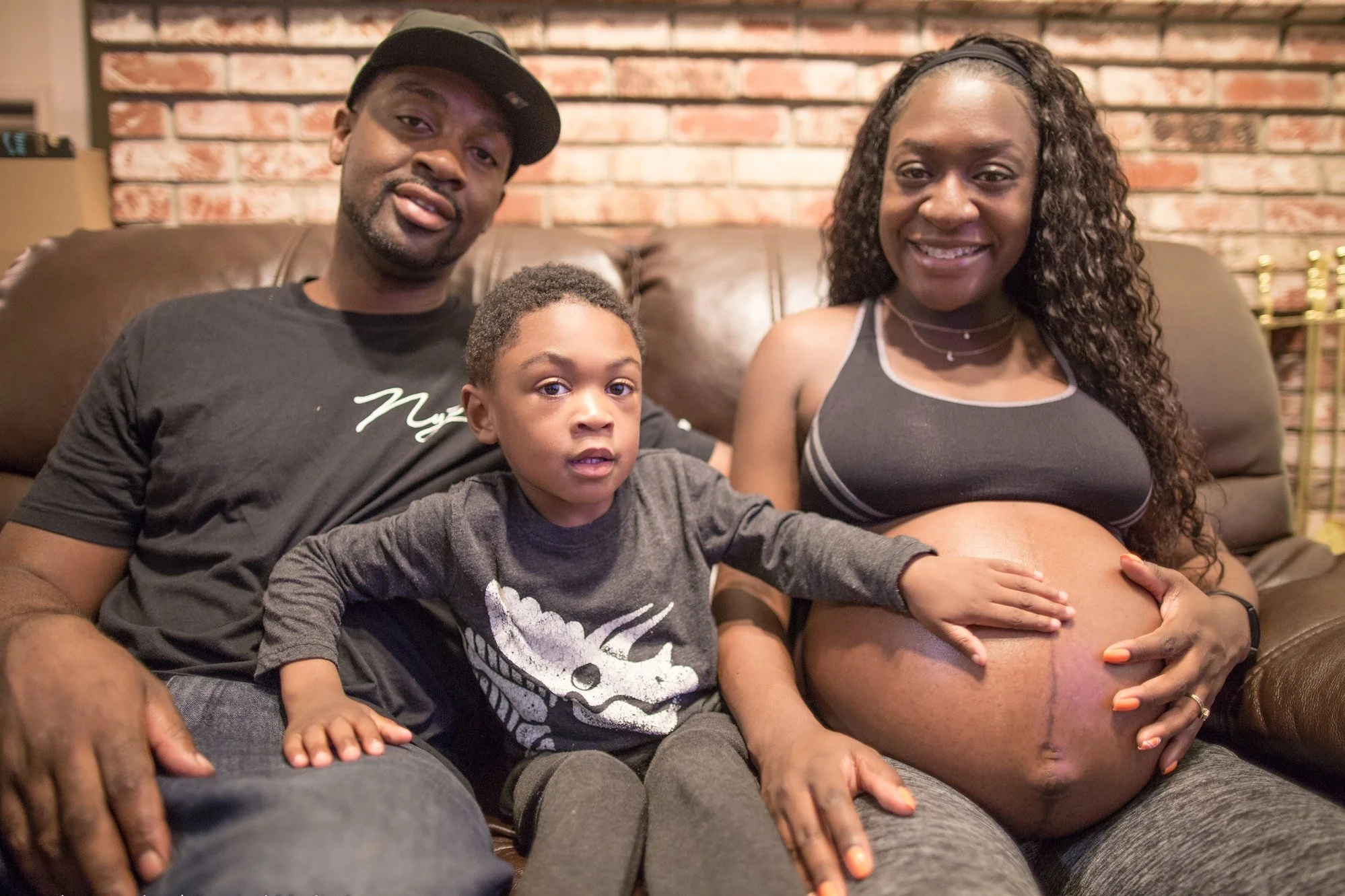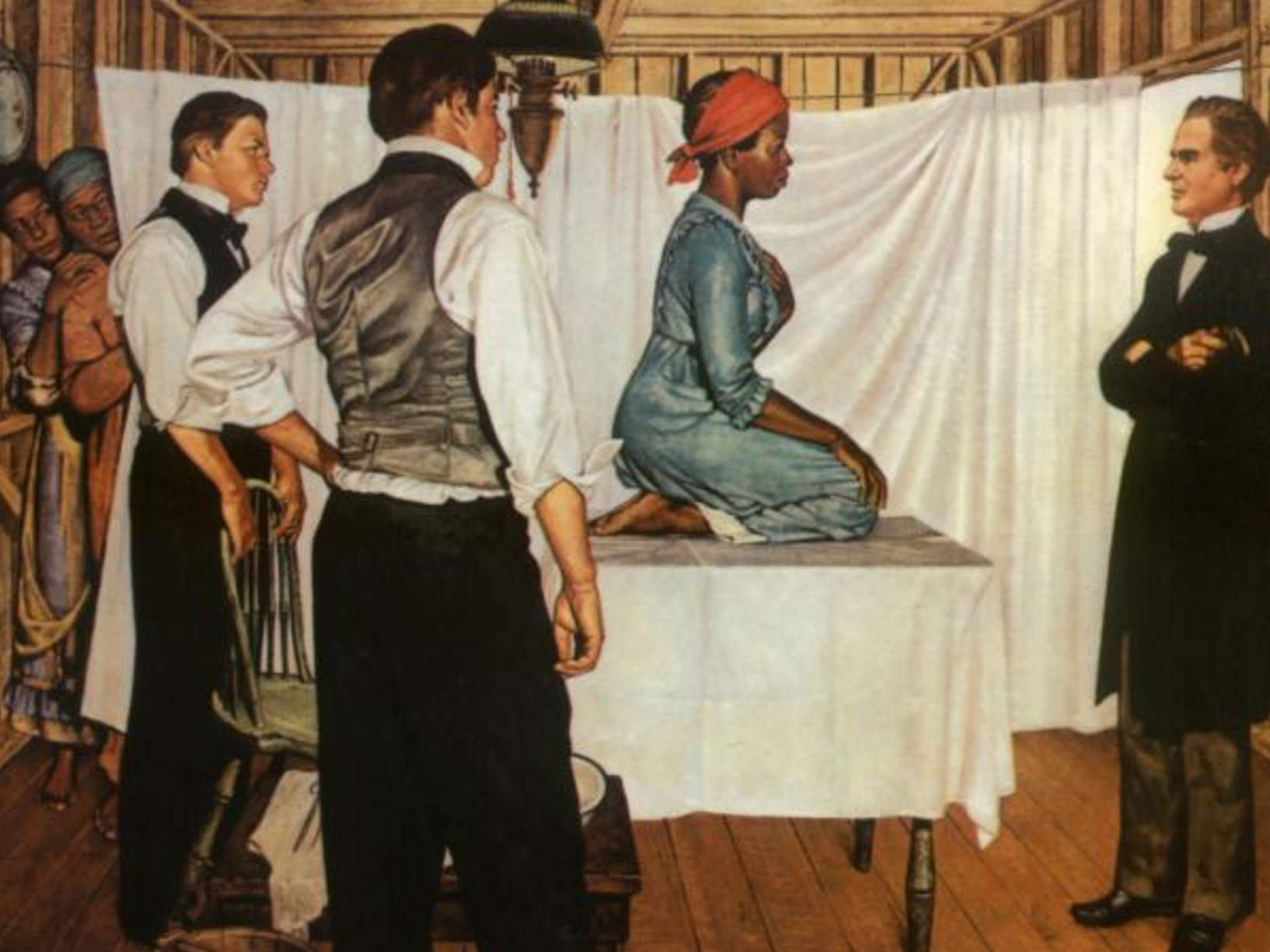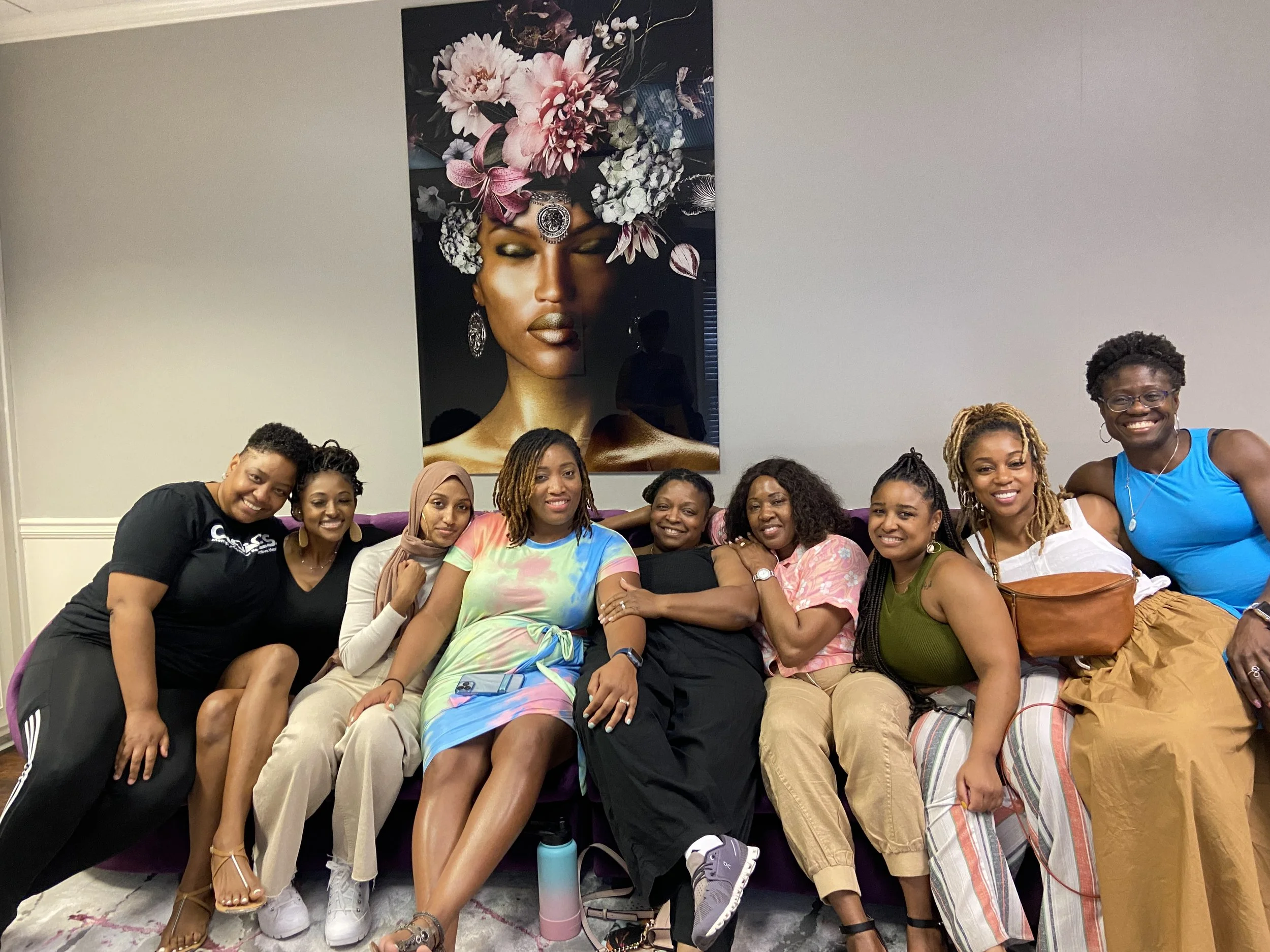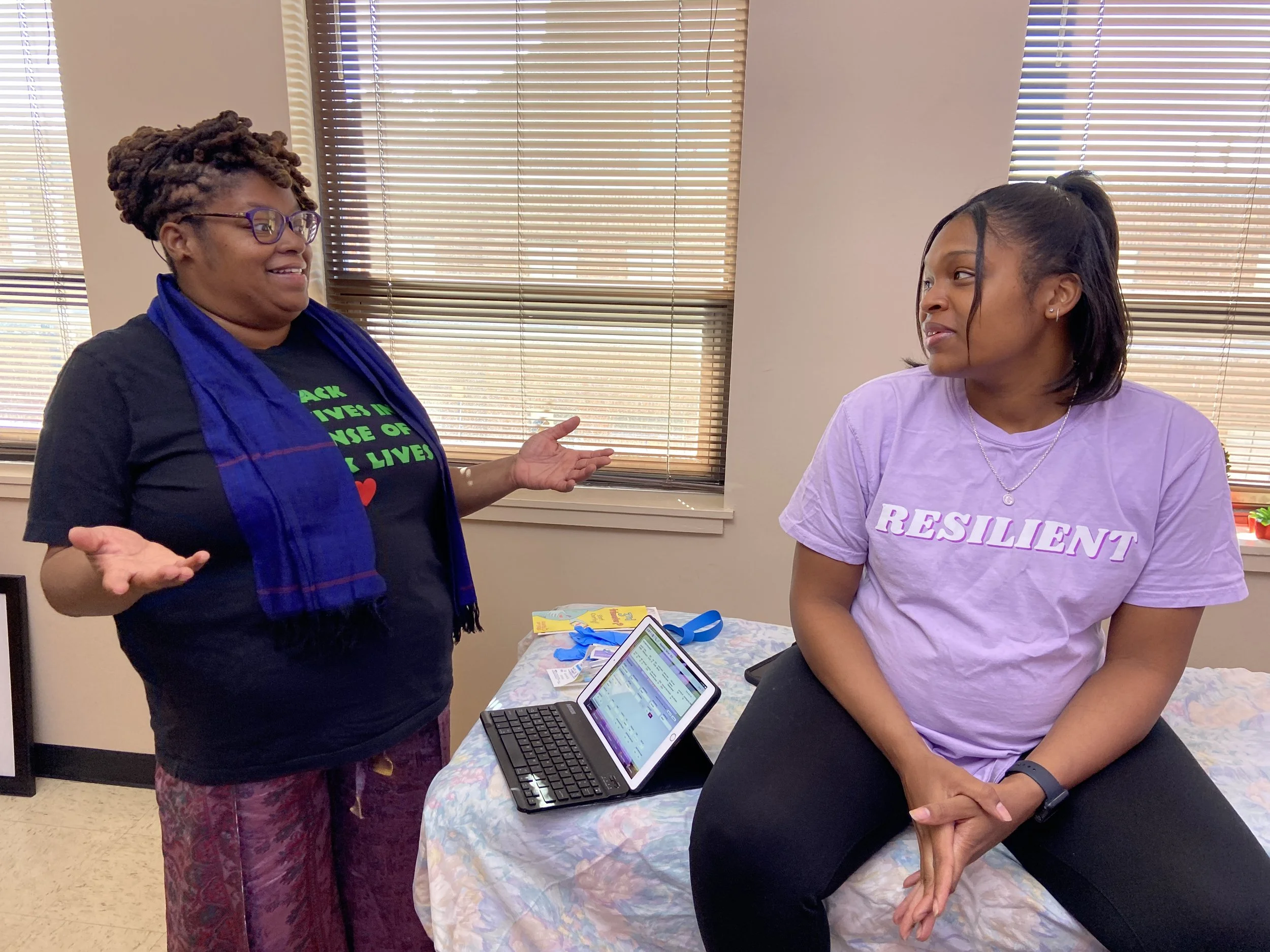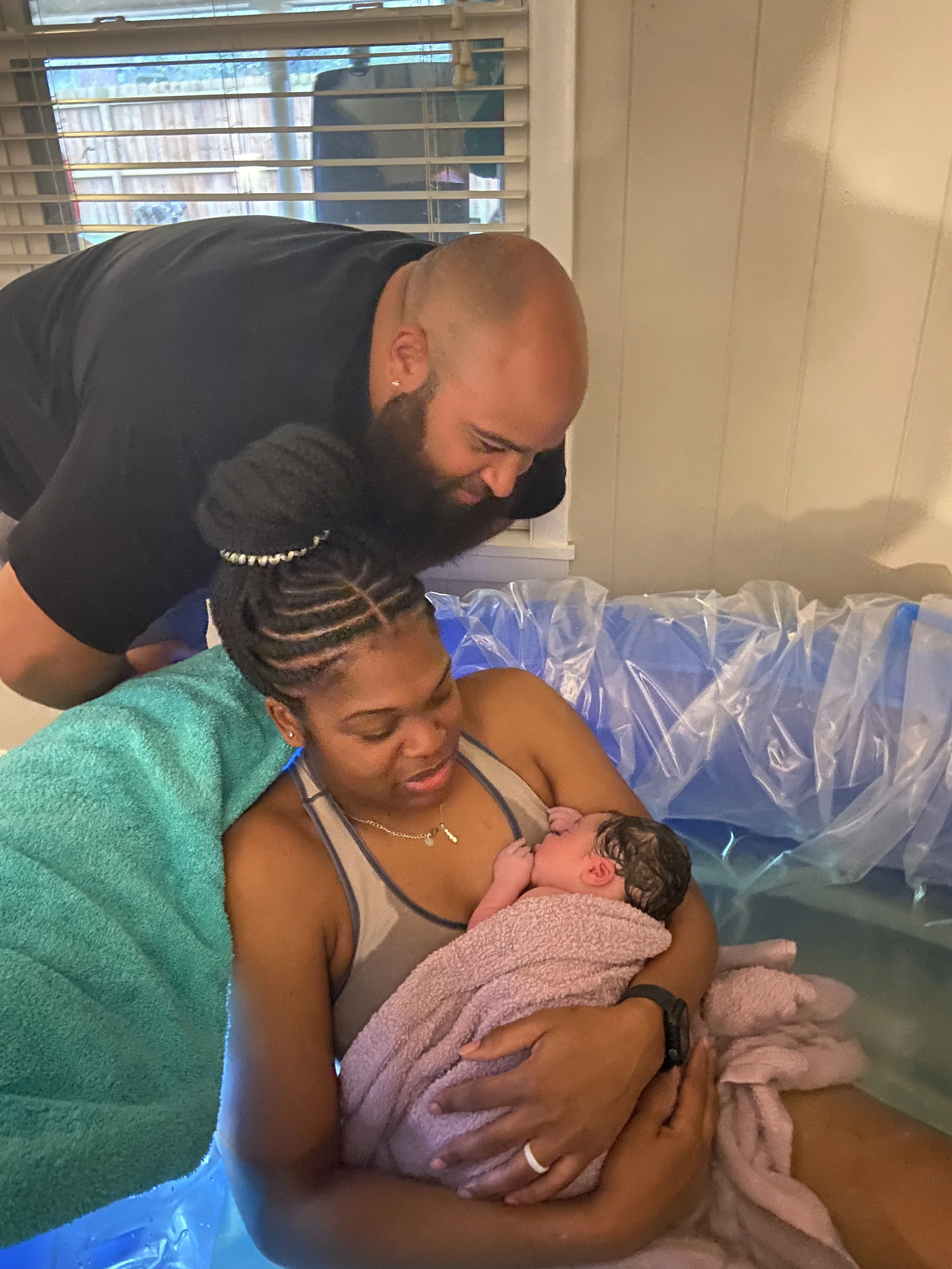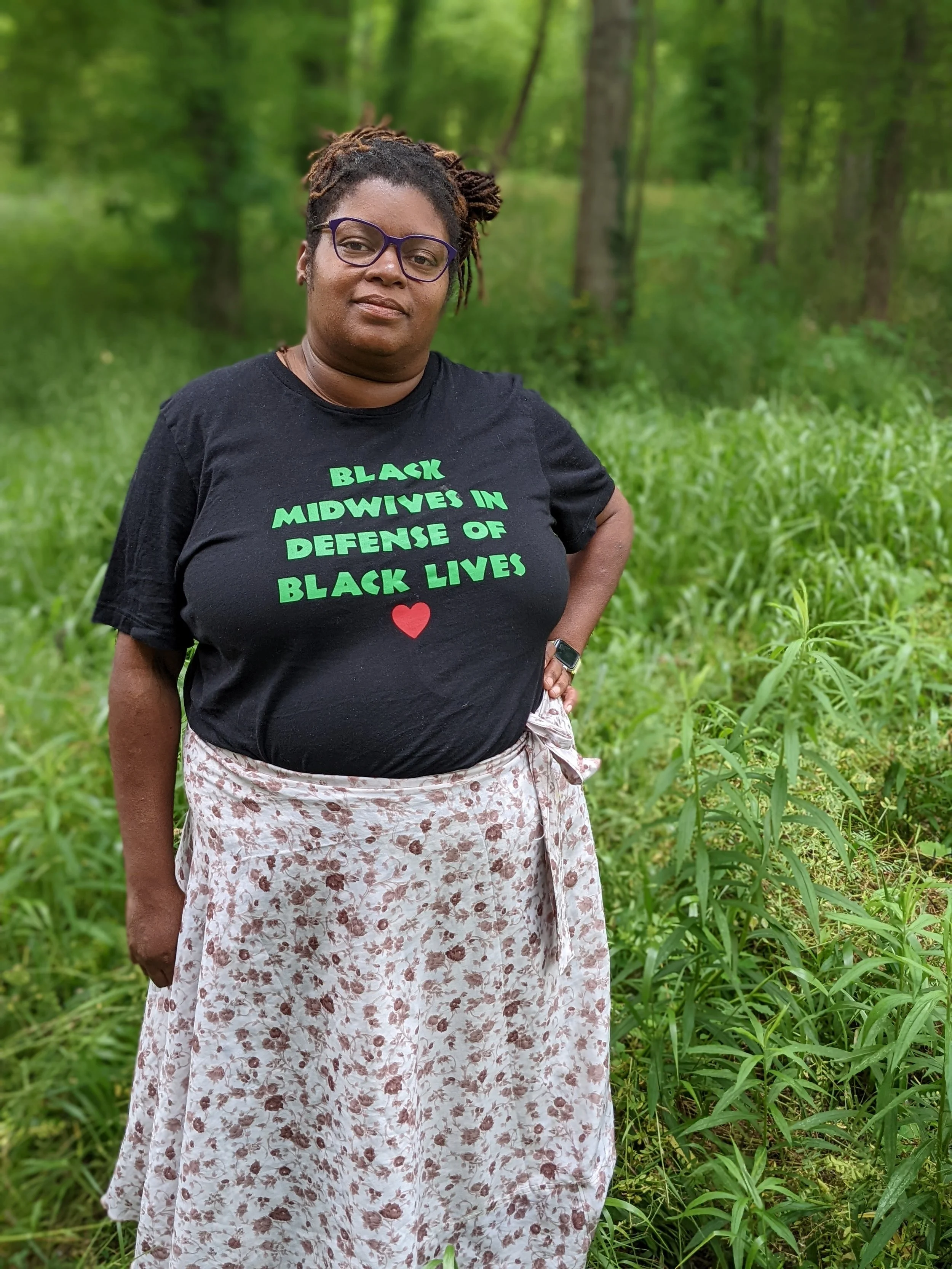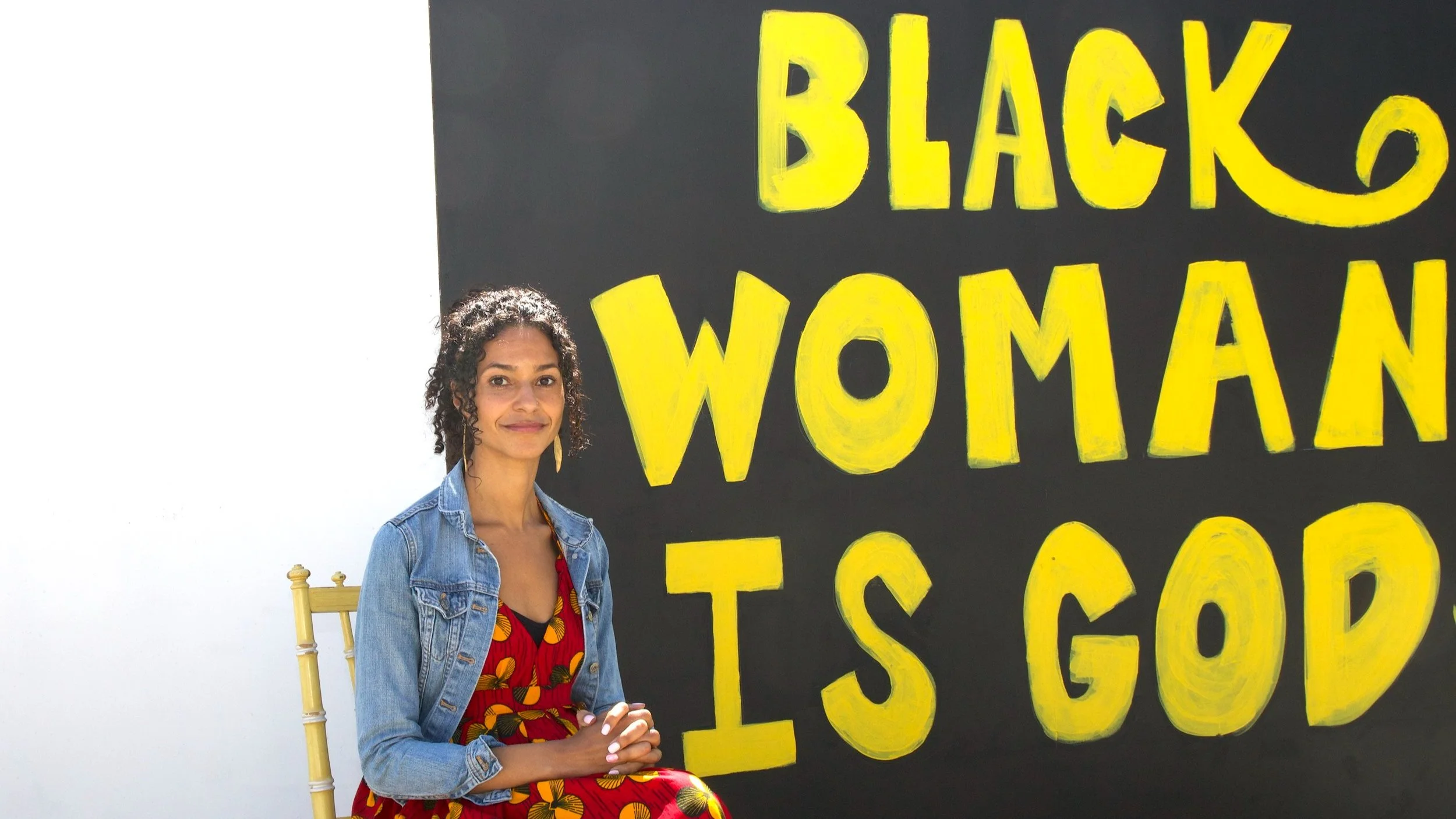Belly of The World explores systemic racism in U.S. maternal healthcare and the post-Roe landscape through four stories: two Black trans men navigating parenthood, a rural Mississippi midwife and patient Alex, a Memphis midwife and Illinois abortion clinic provider, and a San Francisco doctor pioneering income support. Each story employs a distinct visual and narrative style, from vérité intimacy to historical re-enactments, blending personal journeys with the politics of reproductive justice.
The film will spotlight the fundamental inequalities and structural racism within healthcare and social services that harm birthing people of color and their children, specifically Black birthing people. It will shift the narratives around stereotypes, and support proven anti-racist and equitable solutions, policies, and initiatives that encourage access to social services, create new healthcare priorities, and ultimately generate solutions that promote healthy people and babies.
With this film, it is our highest goal to uplift the work of midwives and the experiences of Black women and birthing people, while shining a light on the work being done towards reproductive justice with the dignity and respect it deserves.
U.S. Healthcare
The U.S. healthcare system has long failed Black women and birthing people, a legacy rooted in slavery when doctors like J. Marion Sims exploited Black bodies for experimentation.
This history persists in structural inequalities, implicit bias, and systemic neglect. Today, Black women are three to four times more likely to die from childbirth-related causes than white women, reflecting deep disparities in care and access.
Midwifery Care
Midwifery in the US is founded on the labor of Black midwives. And Black midwifery here has a legacy going generations back to African and Caribbean roots. Half of all births attended at the start of the 20th century were attended by Black midwives largely known as granny/grand midwives.
As the American Medical Association became established and the push for care in hospitals by white male doctors began, Black midwives were suddenly deemed dirty and dangerous. Through smear campaigns and policy change, midwifery was largely dismantled.
When midwifery had a revival in the 1960s and 70s, midwives were almost exclusively white women. Today, Black midwives make up only 7% of the total Certified Nurse-Midwives/Certified Midwives in the US. Increasing the number of Black midwives can help to dismantle the vices that lead to high maternal death rates and negative health outcomes in the Black community.
We will explore the current birth health crisis and how it shows up in prenatal visits, the birthing process, and postpartum services. We will examine the relationship to healthcare access, to paid family leave, cash programs, individualized care like midwifery, and culturally relevant care as solutions to poor health outcomes.
The film will weave in and out of this macro storyline into the more personal stories of birthing participants and the work of birth justice advocates.
Film Participants
Alex
The story of Alex and Valentino sheds light on the emotional toll of inadequate postpartum care and the lifesaving impact of finding support with Mississippi’s only Black midwife, Toni Hill. Their journey through a third pregnancy brings attention to the dire need for culturally competent care and mental health resources for postpartum parents.
Does the lack of diverse providers impact maternal outcomes?
What can be done to ensure every parent receives adequate postpartum support?
Toni Hill
Toni is a Certified Professional Midwife in Northern Mississippi but, according to her clients and colleagues, she's the baddest midwife in the state and a trailblazer for the next generation of birth workers. Toni uses her 20+ years of knowledge and experience to support the entire family as they embrace natural birth, healing, and herbalism.
Dr. Zea Malawi
Dr. Zea Malawi is the creator of the Abundant Birth Project which offers an innovative solution to maternal health disparities, providing financial and emotional support to Black birthing people.
The program faces significant challenges, including a lawsuit for race-based programming following the SCOTUS decision on affirmative action, raising critical questions about equity in social services.
How can programs like the Abundant Birth Project navigate legal and societal obstacles to continue supporting vulnerable communities?
Tehliah
Tehlia’s journey reveals the deep impact of foster care, the struggle to regain custody of her children, and the hope she finds in a new relationship. As a recipient of the Abundant Birth Project, she navigates pregnancy and parenting while confronting the economic and racial stigmas often placed on birthing people of color. Through her story, we witness resilience, healing, and the power of guaranteed support in the face of systemic injustice.
Dr. Nikia Grayson
Memphis CHOICES and Expecting Justice. Following Dr.Grayson in particular, grounds the story by connecting the relationships between providers, patients, and the rapidly changing legislation that threatens access to services.
Dr. Nikia Grayson and the Fight for Reproductive Justice in the South is a central focus, capturing her team’s efforts to redefine maternal care in the face of Tennessee’s total abortion ban. The film portrays the ripple effects of the Roe v. Wade overturn, as midwives, abortion providers, and patients grapple with the loss of essential services. Viewers follow Black midwifery fellows as they navigate the evolving landscape of reproductive healthcare, reflecting on the urgency of preserving access in underserved regions.
In this story we seek answers to healthcare providers adapting to a post-Roe reality? What innovative solutions are emerging from the South, and what barriers remain?

